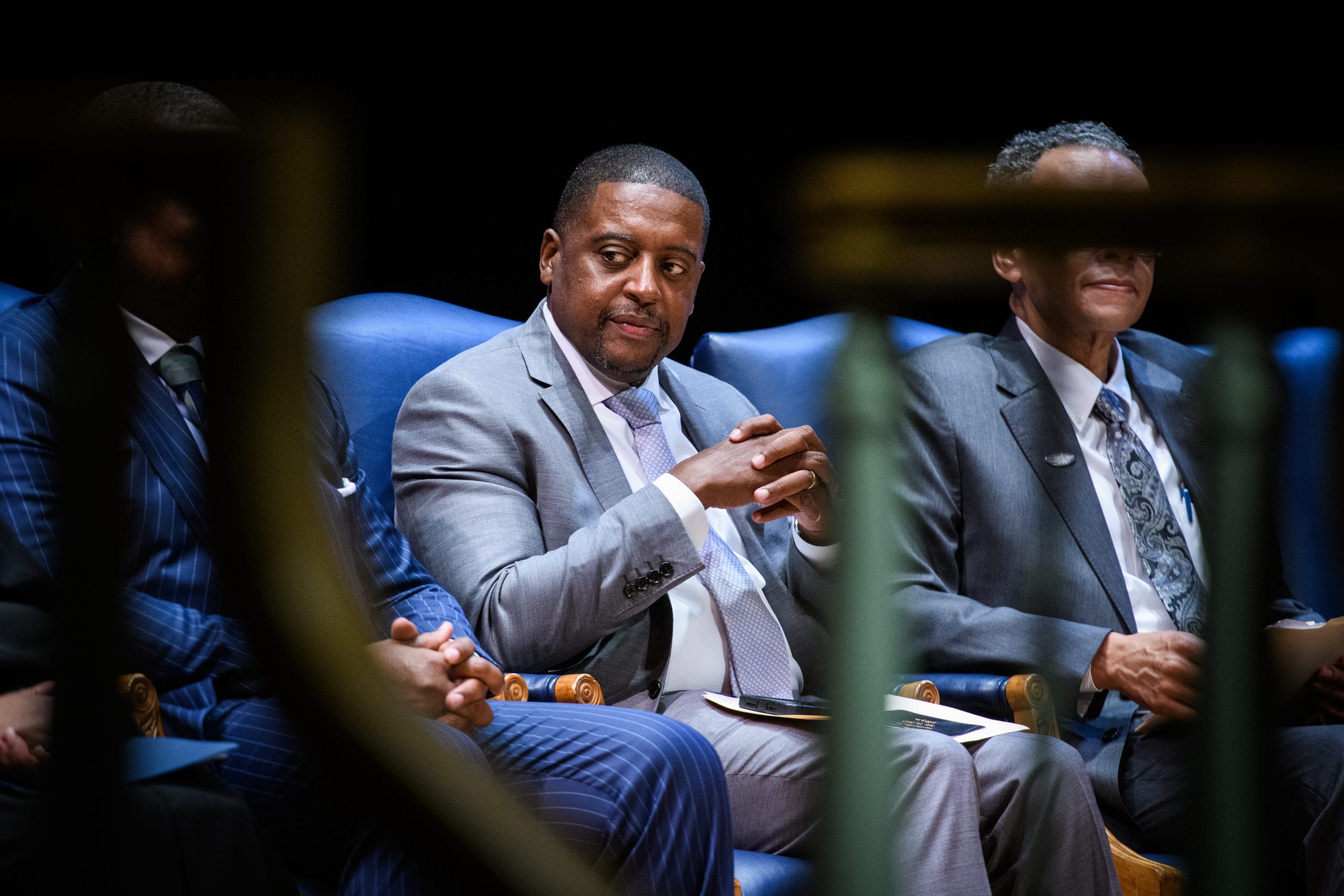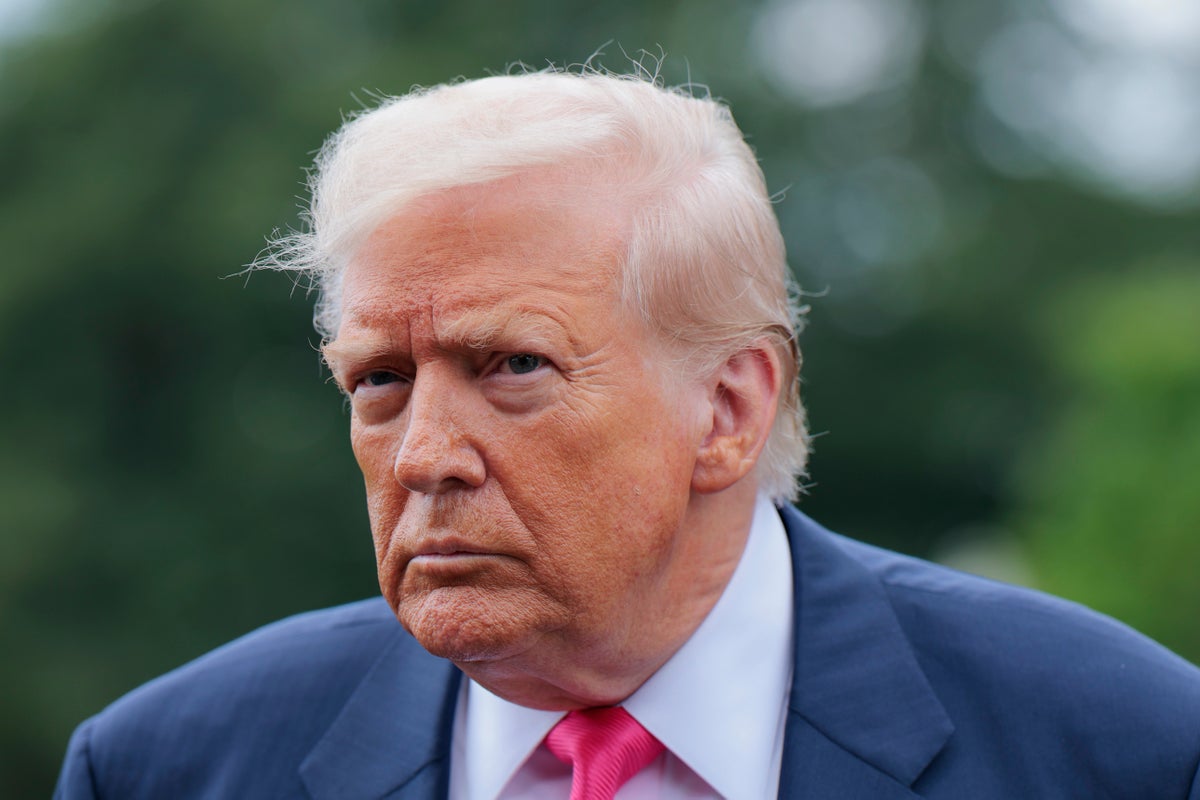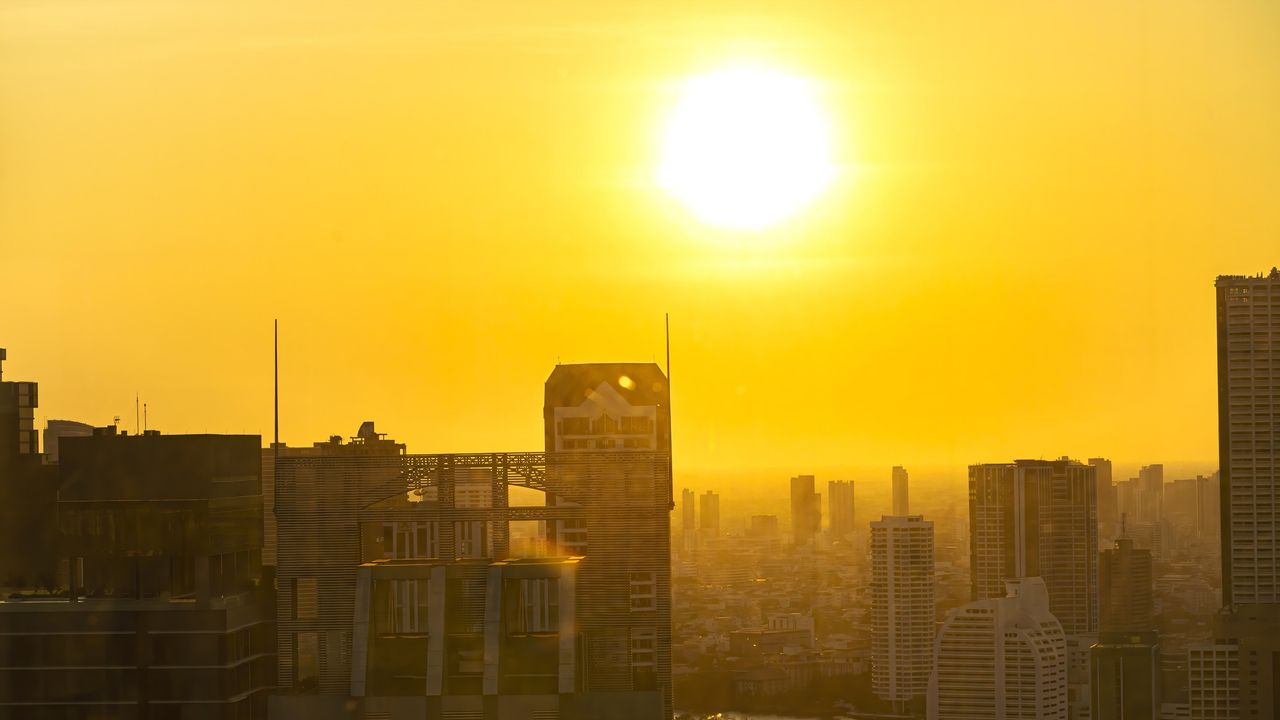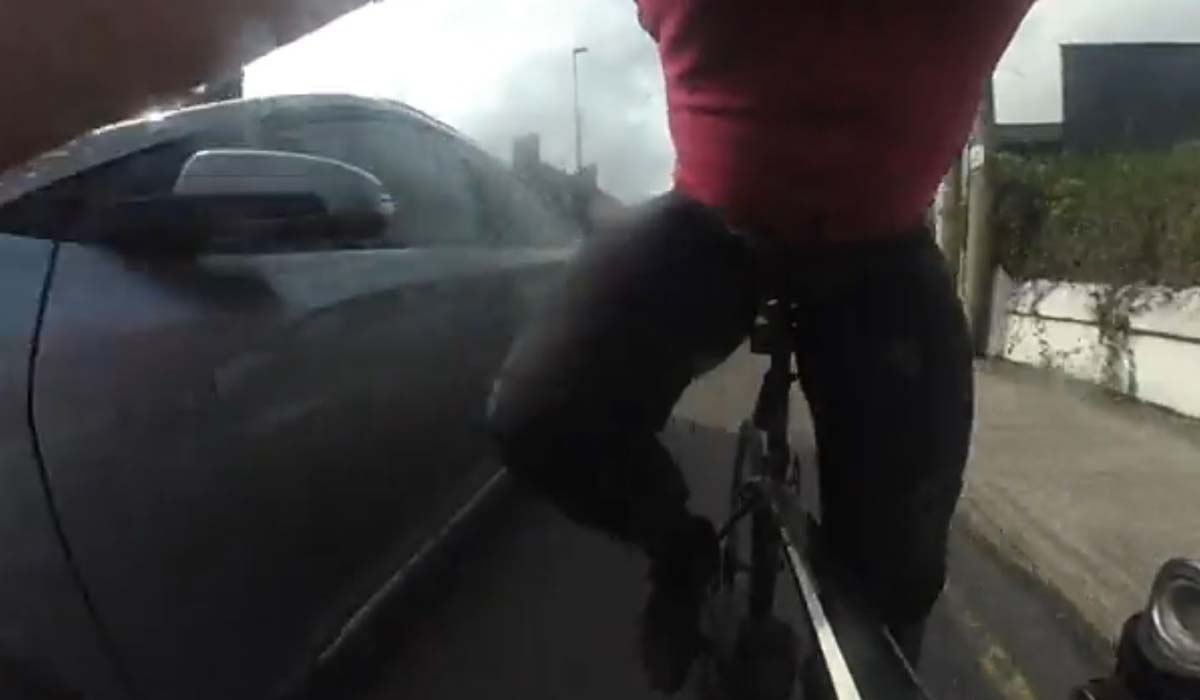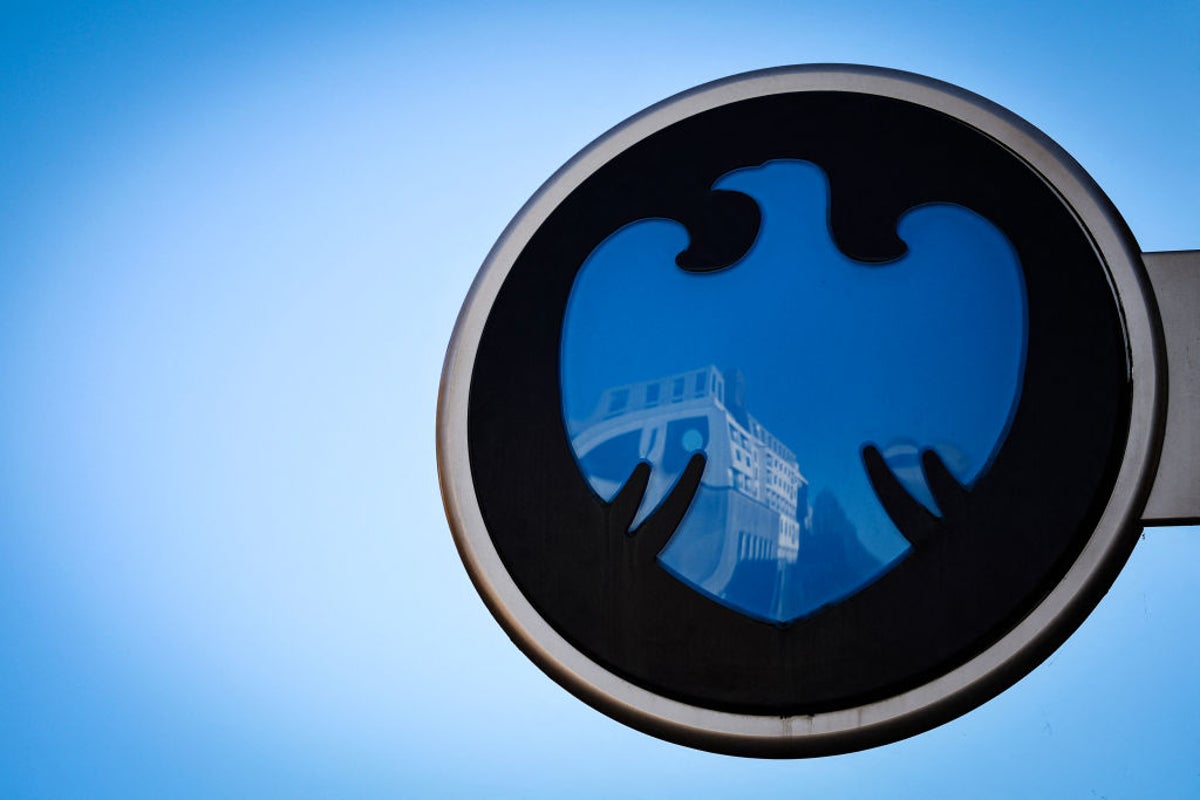
BBC’s Blame Game: A Toxic Power Struggle
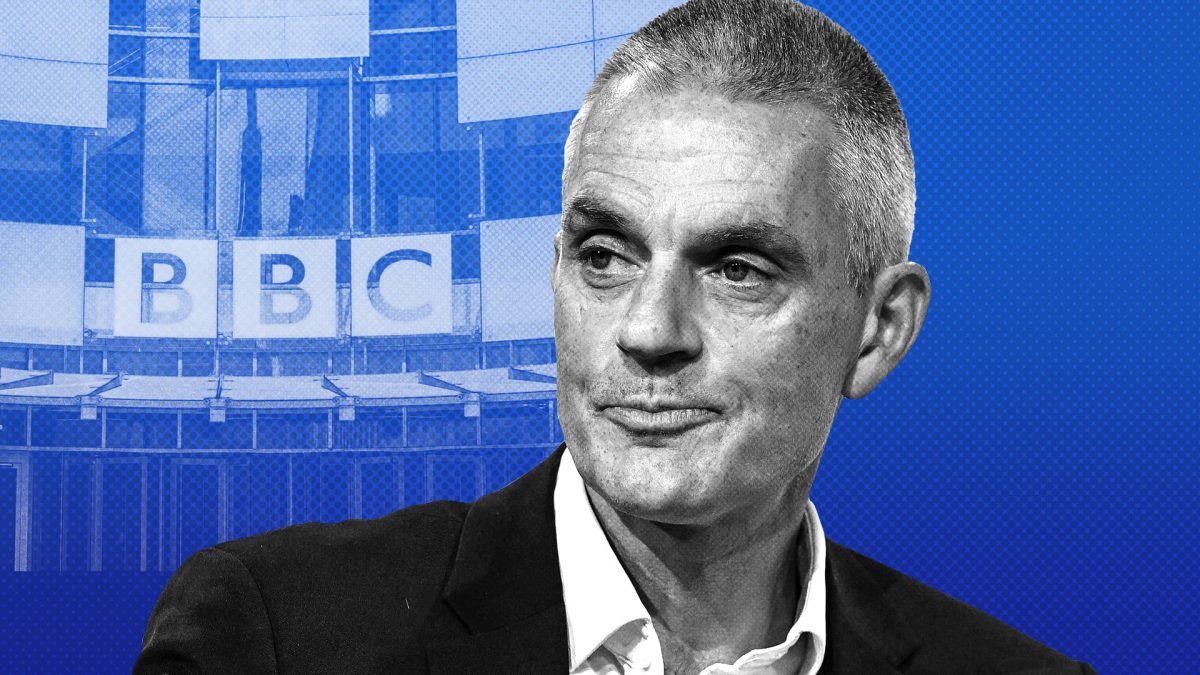
The BBC is currently navigating a turbulent period, marked by a series of high-profile crises that are testing the leadership and prompting internal conflict. The organisation is facing scrutiny over its handling of various issues, ranging from coverage of the Israel-Gaza conflict to the dismissal of prominent figures.
A Cascade of Controversies
Recent events have presented a significant challenge to the BBC’s reputation. The broadcaster has faced criticism for its reporting on the Israel-Gaza crisis, as well as a documentary focusing on the impact of Israeli bombardment on children in Palestinian territories. Further controversy arose from an antisemitic outburst by musician Bob Vylan at Glastonbury, which was broadcast on the BBC’s platforms. The dismissal of MasterChef stars for alleged inappropriate conduct has added to the list of challenges.
These incidents have triggered legal battles and internal investigations, leading to a blame game that threatens to destabilise the organisation’s future. Key figures within the BBC, including Director-General Tim Davie, Chair Samir Shah, and CEO of BBC News Deborah Turness, are under pressure to address these issues effectively.
Government and Regulatory Scrutiny
The government, led by Culture and Media Secretary Lisa Nandy, and the media regulator Ofcom, under Melanie Dawes, have expressed concerns about the BBC’s response to the recent controversies. Ofcom has launched its own inquiry into alleged leadership failures related to a contentious drama commissioned in Gaza.
An internal inquiry found that the BBC breached editorial guidelines by failing to disclose that the narrator of Gaza: How To Survive A Warzone was the son of a Hamas minister. While the Director-General and other senior figures have expressed regret and promised to implement changes, Nandy has voiced her frustration with the perceived slowness of the response and the lack of a satisfactory explanation.
The Blame Game and Internal Revolt
While outright dismissals are uncommon, there is a growing sense of discontent within the BBC over the “deputy heads must roll” mentality. Questions are being raised about accountability and whether those at the top are being held responsible for the organisation’s failings.
Tim Davie, who has navigated previous crises during his tenure, and Deborah Turness, the head of BBC News and current affairs, are facing particular scrutiny. Some insiders believe that their fates are intertwined and that the current decision-making structure, which concentrates power in the hands of a few individuals, is unsustainable.
Concerns Over Editorial Grip and Oversight
The BBC’s coverage of the Israel-Gaza conflict has drawn criticism, with some accusing the organisation of institutional bias. Deborah Turness’s defence of the Gaza documentary, in which she emphasised that the narrator’s father was a government minister rather than a member of the “military wing” of Hamas, was met with scepticism.
The failure to prevent the broadcast of Bob Vylan’s antisemitic comments at Glastonbury has also raised concerns about editorial oversight. Lorna Clarke, head of music and overall in charge of Glastonbury, has temporarily stepped down from her duties while the incident is investigated.
Legal Battles and HR Challenges
The current climate of scrutiny and blame has led to an increase in legal representation among BBC employees. Many senior figures are seeking legal advice to protect their interests as the organisation grapples with these crises.
The dismissal of MasterChef star John Torode for alleged racist language has also sparked potential legal action. Employment lawyers are reportedly advising clients to ensure that they are not unfairly targeted in the aftermath of these controversies.
The Future of the BBC Leadership
Tim Davie’s leadership style, characterised by openness and engagement, has reportedly waned in recent times. While he is expected to remain in his role until the charter renewal in 2027, his ability to navigate the current challenges will be crucial to the BBC’s long-term future.
Samir Shah, the recently appointed Chair, has faced criticism for his pronouncements on the Gaza film review case, with some insiders viewing his comments as prejudging the outcome. Concerns have also been raised about his communication style and his vision for reform.
Deborah Turness’s leadership is also under scrutiny, with doubts about her priorities and execution. Some within the BBC believe that there is too much emphasis on new projects while core areas of content are being neglected.
A Necessary Institution Under Stress
Despite the current challenges, the BBC remains a vital institution, both domestically and internationally. However, there is a persistent feeling that the organisation is struggling with internal conflict and a lack of accountability. The blame game threatens to undermine the BBC’s ability to address its problems effectively and maintain its reputation as a trusted source of news and information.


